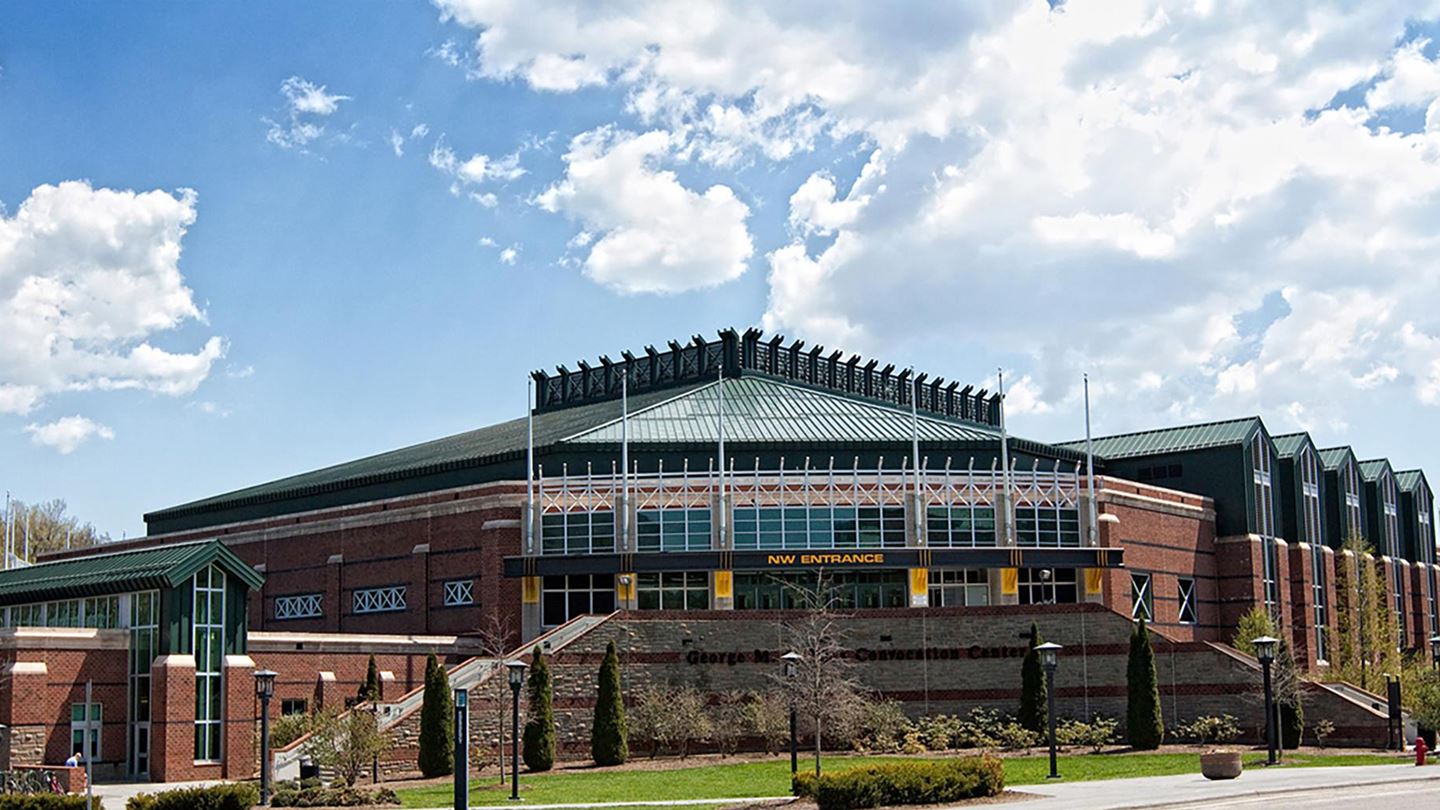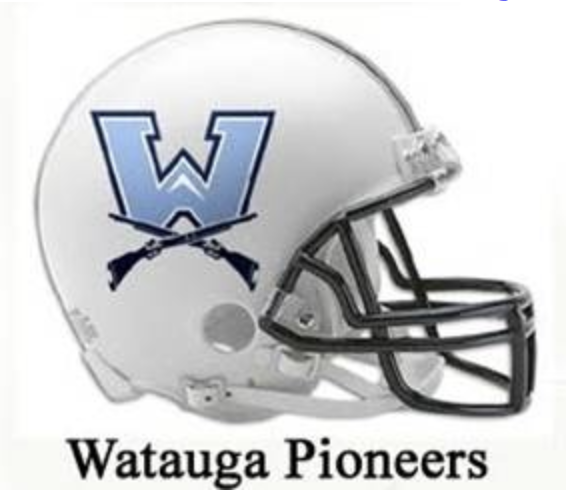Last Updated on July 25, 2019 12:57 pm
BOONE, N.C. – Appalachian State University’s Board of Trustees approved a resolution allowing the university to seek permits to sell alcohol at athletics facilities.
North Carolina House Bill 389, signed into law by Gov. Roy Cooper on June 26, allows public universities to sell beer and wine at athletics facilities.
The motion, brought forward by Trustee Mark Ricks, who chairs the board’s Athletics Committee, sought approval for the university “to seek issuance of any permits required by the North Carolina Alcohol Beverage Control Commission to be issued to or on behalf of Appalachian State University for use by Appalachian to allow the sale of alcoholic beverages at all of Appalachian’s athletic stadiums, facilities and arenas.”
“I appreciate the due diligence on the part of our trustees and university staff to ensure we can meet the needs of our university, continue to positively contribute to the local economy and enhance the already outstanding Mountaineer fan experience,” Chancellor Sheri Everts said. “Throughout this review, we have prioritized the safety and security of our university community, and we will continue to do so as we work through the logistics related to implementing alcohol sales at our athletics venues.”
Ricks’ motion included, but did not limit the permit approval, to Kidd Brewer Stadium, Varsity Gym, Jim & Bettie Smith Stadium, Sywassink/Lloyd Family Stadium, Holmes Convocation Center, Appalachian 105 and the Brandon & Erica M. Adcock Field. The motion also included Ted Mackorell Soccer Complex, although the board’s discussion acknowledged additional permissions would be necessary to serve alcohol at this venue, as its operation is a joint venture of the Appalachian State University Foundation, Inc., Watauga County and the High Country Soccer Association.
“We appreciate the trustees' thoughtful consideration of our review of data and the experiences of peer institutions,” Director of Athletics Doug Gillin said. “Universities across the country have seen both a decrease in alcohol-related incidents and an enhanced fan experience when they provide a controlled environment for alcohol sales. Our game day staff will partner with Campus Dining, the App State police department, local law enforcement and other campus constituents to provide a safe and positive environment for everyone in attendance.”
In an information presentation to the trustees, Gillin noted alcohol sales at athletics venues of Division I universities are becoming more common. The NCAA Executive Council recently approved alcohol sales at NCAA Championship events, and the Southeastern Conference recently lifted its ban on in-stadium alcohol sales. Gillin pointed to several of Appalachian’s peers who sell alcohol at athletics events, including Marshall University, Middle Tennessee State University, Troy University and University of Louisiana.
In 2018, the university debuted the Rock Garten, a hospitality area outside the north end zone of Kidd Brewer Stadium, which sold limited quantities of alcohol to attendees. Gillin indicated the Rock Garten was met with positive reviews from fans and the university community.
In June, Gillin presented information to the trustees’ Athletics Committee that cited studies showing a reduction in alcohol-related arrests. Additionally, he indicated that peer institutions have cited greater control over alcohol availability and consumption in athletics venues, noting a reduction in binge drinking by fans outside sporting venues that do not sell alcohol.
Approval by trustees for the university to seek alcohol sales permits is required by North Carolina General Statutes §18B-1006(a)(9).
During the same meeting the board also approved the demolition of Justice Residence Hall, a 67-year-old building used for student housing. The demolition of Justice Hall is necessary to complete the third phase of the university’s residence hall project currently underway, and which was previously approved by all applicable state authorities. During the board discussion, Vice Chancellor for Business Affairs Paul Forte indicated the timeline for demolishing Justice Hall would be summer of 2020, and efforts will be made to recover all items of value, “as we do with all of our demolished buildings.” Demolition of university buildings requires the board’s approval.



















